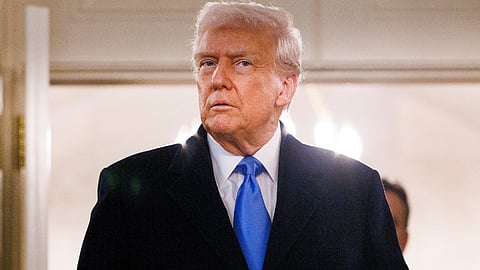Leadership
SA’s largest farm lobby blames Trump for rising social tensions
Trump's statements on South Africa's land laws fuel division.
Key topics
- Trump's statements on South Africa fuel division and hatred, says AgriSA.
- Afrikaner rights groups misinformed Trump about land expropriation, Kotzé claims.
- South African farm sector's success threatened by U.S. aid cuts and rhetoric.
Sign up for your early morning brew of the BizNews Insider to keep you up to speed with the content that matters. The newsletter will land in your inbox at 5:30am weekdays. Register here.
The seventh BizNews Conference, BNC#7, is to be held in Hermanus from March 11 to 13, 2025. The 2025 BizNews Conference is designed to provide an excellent opportunity for members of the BizNews community to interact directly with the keynote speakers, old (and new) friends from previous BNC events – and to interact with members of the BizNews team. Register for BNC#7 here.
If you prefer WhatsApp for updates, sign up to the BizNews channel here.
By Antony Sguazzin
___STEADY_PAYWALL___

